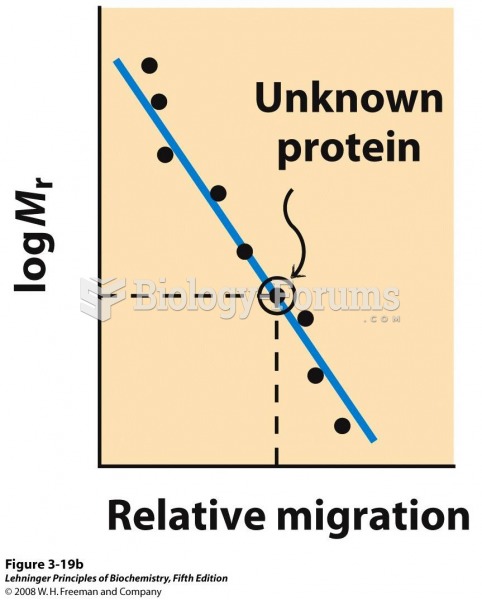|
|
|
In 2006, a generic antinausea drug named ondansetron was approved. It is used to stop nausea and vomiting associated with surgery, chemotherapy, and radiation therapy.
No drugs are available to relieve parathyroid disease. Parathyroid disease is caused by a parathyroid tumor, and it needs to be removed by surgery.
Colchicine is a highly poisonous alkaloid originally extracted from a type of saffron plant that is used mainly to treat gout.
About one in five American adults and teenagers have had a genital herpes infection—and most of them don't know it. People with genital herpes have at least twice the risk of becoming infected with HIV if exposed to it than those people who do not have genital herpes.
The eye muscles are the most active muscles in the whole body. The external muscles that move the eyes are the strongest muscles in the human body for the job they have to do. They are 100 times more powerful than they need to be.
 The appearance of different types of tissues-muscle, epithelial, nervous, connective-and their locat
The appearance of different types of tissues-muscle, epithelial, nervous, connective-and their locat
 Estimating the molecular weight of a protein. The electrophoretic mobility of a protein on an SDS po
Estimating the molecular weight of a protein. The electrophoretic mobility of a protein on an SDS po





